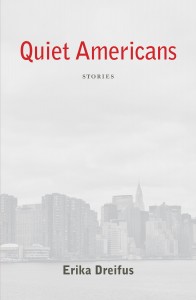Thursday’s Post-Publication Post: How My New Computer Continues to Change My Life
 For those of you who have been following along the super-exciting story of my summer (yes, a bit of self-sarcasm there!), please recall that back in June I promised myself (and you) that I would acquire a new computer this summer, and not long ago, I fulfilled that promise.
For those of you who have been following along the super-exciting story of my summer (yes, a bit of self-sarcasm there!), please recall that back in June I promised myself (and you) that I would acquire a new computer this summer, and not long ago, I fulfilled that promise.
To emphasize how old my previous Mac was, allow me to share the fact that it lacked a built-in camera, and, late-adopter that I am, I never even investigated purchasing an external webcam. But my new computer is dazzlingly tricked-out with all kinds of accoutrements. And thanks to a reminder from a good friend who is based outside the U.S. that once upon a time I did, in fact, have a Skype account, I have reactivated said account.
What this means is that I can now offer book groups video visits as well as chats on the phone. Sadly, I’ve had to turn down my most recent invitation (and for a variety of reasons, it’s unlikely that I’ll be able to join any club meetings that are scheduled before late September). But from that point on, if you and your group are reading Quiet Americans, and you’d like me to “visit,” please invite me! I promise to learn more about how to be a good video visitor beforehand (thanks to this article, I’ve already discovered that I may need to add some lighting).
P.S. Whether you’d like me to “attend” or not, please remember that you’ll find some discussion questions for book groups right here. Enjoy!